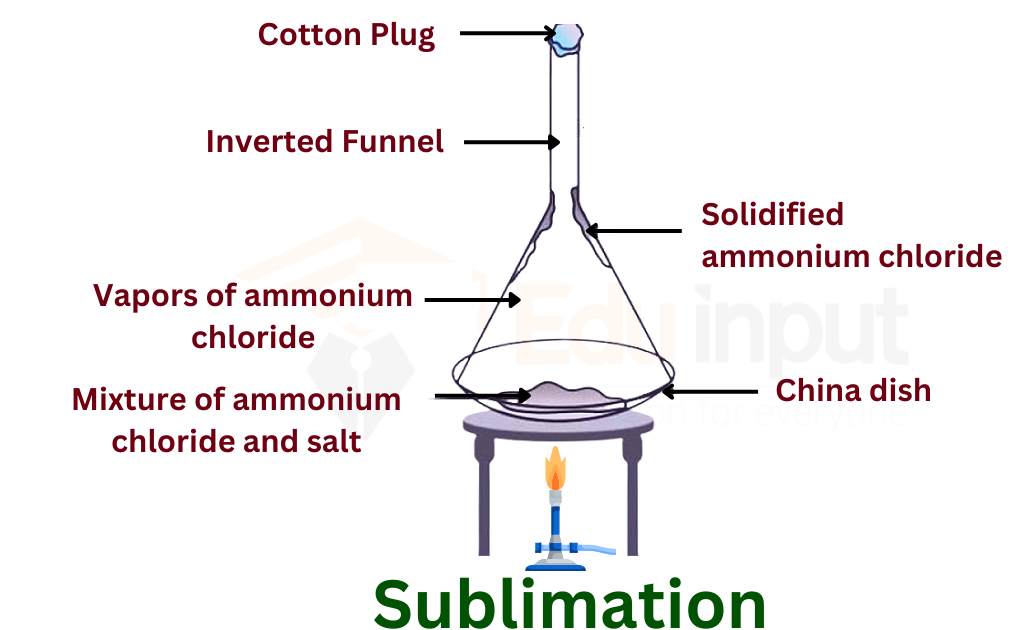Why crystallization is called a physical change?
Crystallization is rightly considered a physical change due to its distinct characteristics, lack of chemical composition change, reversibility, absence of significant energy exchange, and the absence of new substance formation.
There are several reasons why crystallization is considered a physical change rather than a chemical change:
No Change in Chemical Composition:
Crystallization does not involve any alteration in the chemical composition of the substance undergoing the process. The atoms, ions, or molecules remain the same before and after crystallization, only rearranging themselves into a more ordered structure.
Reversible Process:
Crystallization is often a reversible process. By altering the solution’s temperature, pressure, or concentration, crystals can dissolve into the liquid or revert to their initial state. This reversibility further supports the notion of crystallization as a physical change.
No Energy Exchange:
No significant energy exchange occurs between the system and its surroundings during crystallization. Unlike chemical reactions that involve the breaking or formation of chemical bonds and energy transfer, crystallization primarily relies on the cooling or evaporation of the solvent, which is a physical process.
Lack of New Substances Formation:
Crystallization does not result in the formation of new substances. It involves the rearrangement of existing particles to create a more ordered structure. In contrast, chemical changes typically involve the formation of new compounds with different chemical properties.
Understanding the nature of crystallization as a physical change enhances our knowledge and appreciation of this fascinating phenomenon, unlocking its potential applications and implications in multiple scientific disciplines.

 written by
written by 




Leave a Reply